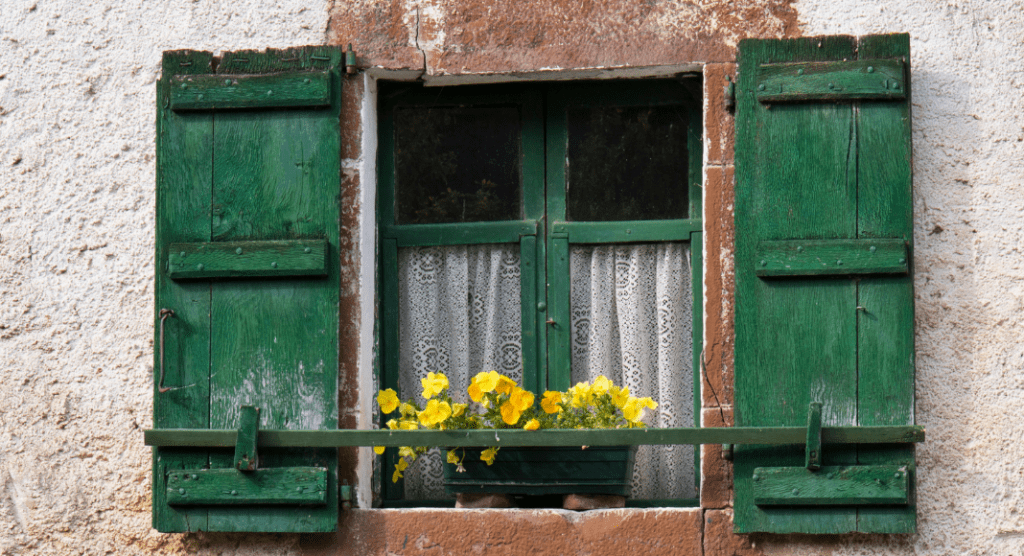 What started as an attempt at introducing a different culture and language to my son, spurred by my own allyship for and celebration of the LatinX community, has evolved into so much more.
What started as an attempt at introducing a different culture and language to my son, spurred by my own allyship for and celebration of the LatinX community, has evolved into so much more.
Pre-Encanto, I got ready (in the morning) to the sounds of Shakira and J.Lo, and eagerly looked forward to grabbing an arepa from Mary’s Arepas at Soda City Market or one of Curiosity Coffee Bar’s pop-ups. Now, I have “The Family Madrigal,” “Waiting on a Miracle,” “Surface Pressure,” “We Don’t Talk About Bruno,” “What Else Can I Do?,” “Colombia, Mi Encanto,” “Dos Oruguitas” or “All of You” stuck in my head 98% of the time. They’re the theme songs to our drives to school, our dance parties in the living room, and afternoon playtime. Words like “casita” and “mariposa” are reinforced through Shiloh’s Spanish-English board books. He’ll sit still (about the only time these days) enthralled by the candle’s glimmering light and the miracle’s magic.
By now, you’ve certainly seen status updates and stories about other family’s obsessions with the movie. You’ve likely heard through the grapevine (or firsthand) that “We Don’t Talk About Bruno” is a TikTok sensation. You’ve surely had conversations with relatives that began with “Have you seen Encanto?” You’ve probably participated in an Encanto-themed workout if you are a Peloton-subscriber like me. You’ve also inevitably combed through an article or two exposing the underlying mental health themes set within each main and supporting character.
It’s a lesson in self-care, self-exploration, and self-acceptance … and a discussion starter within the walls of our home.
One night, my husband shared his perspective using his English major background and love of symbolism. To summarize his thoughts:
The candle represents the power of family and the struggle associated with family roots. Until Mirabel fully understands her family’s past and the sacrifices of her Abuela, the magic remains in jeopardy. It’s the importance of trying to see a situation from someone else’s eyes. The Madrigals had lost a lot early on, which Mirabel didn’t recognize until the house crumbled and she was forced to have a vulnerable conversation by the Caño Cristales-inspired river, with Abuela.
Enter my rebuttal (because I’m always game for a little friendly debate).
Bruno seems to understand the history of his family but is still shunned and ostracized. And if Ryal’s evaluation is correct, would Louisa still start to lose her powers as she does? Oh, and we’re to assume Antonio comprehends the difficult journey his family had more than Mirabel, who is much older in age? I’m not buying it.
Enter my theory.
I think the message is more about teaching and reminding us (and the characters) that the real magic and light burns within each of us, but can sometimes get lost in obvious external gifts, societal values, and the expectations of others. We are multifaceted and our whole selves should be embraced by others. However, even more important than being valued by others is the need to accept ourselves; the quirks, the nerdy interests, the silly sense of humor, the competitive side, the nurturing side, the thrill for adventure, the comfort of creativity … the list could go on and on.
Here’s my challenge to you:
For the next 30 days, do something every day to shatter the “this is who I have to be image” and lean into the “this is the real, authentic me” thing. Whether it’s making time for an interest you abandoned long ago or divulging a deep thought to a new friend. Even journaling your truth checks the box. See if it makes you feel lighter and attracts more of what you want (and less of what you don’t).














